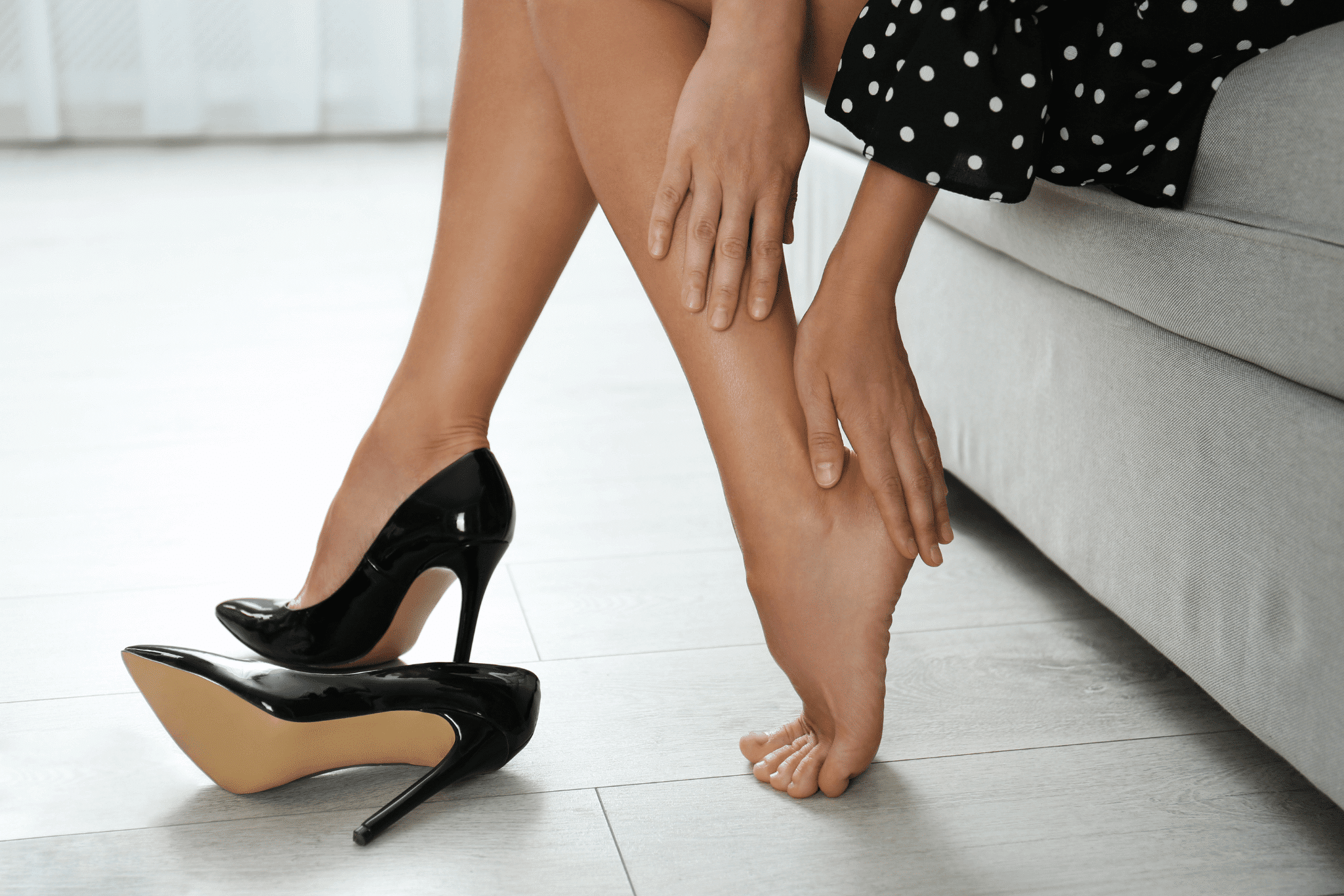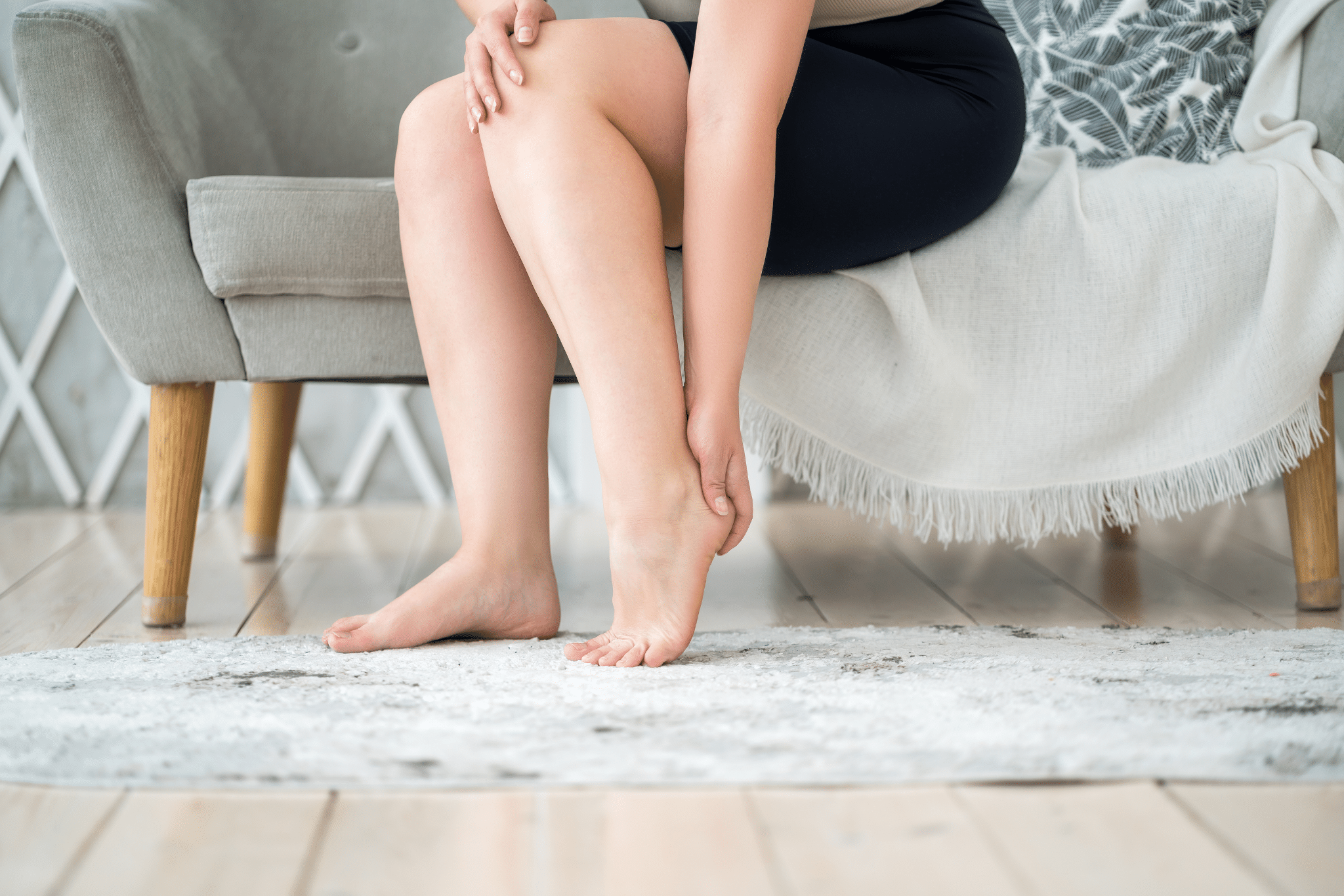How to Cure Heel Pain Fast
Heel pain can severely impact daily life, making it difficult to walk, exercise, or even stand for long periods. Addressing heel pain quickly is crucial to prevent further complications. Many common causes of heel pain can be alleviated with proper care and timely treatment. This blog will provide fast and effective remedies for relieving heel pain, allowing you to get back on your feet as soon as possible.
Understanding Heel Pain
Heel pain refers to discomfort or tenderness felt at the bottom or back of the heel. It often starts as mild discomfort but can worsen if not addressed. Common symptoms include sharp or throbbing pain, swelling, and stiffness, particularly after periods of rest.
Common Causes
Several conditions can lead to heel pain, including:
- Plantar Fasciitis: Inflammation of the thick tissue band connecting the heel bone to the toes, often causing stabbing pain.
- Achilles Tendinitis: Inflammation of the Achilles tendon due to overuse or injury, resulting in pain and swelling.
- Heel Spurs: Calcium deposits that form on the heel bone, often associated with plantar fasciitis, causing sharp pain.
- Bursitis: Inflammation of the bursa (fluid-filled sac) that cushions the bones, tendons, and muscles near the heel.
- Stress Fractures: Small cracks in the heel bone caused by repetitive stress or overuse, resulting in severe pain with activity.

Immediate Relief Measures
Rest and Elevation
The first step in relieving heel pain is to rest the affected foot and reduce activity. Avoid walking or standing for long periods, and whenever possible, elevate the foot to reduce swelling and improve blood circulation. Proper elevation involves lying down and propping the foot on pillows so it is above heart level.
Ice Therapy
Icing the heel is an effective way to reduce pain and inflammation. Apply ice for 15-20 minutes several times a day, using a cloth or towel to protect the skin. This will help numb the area and ease discomfort.
Compression
Using compression socks or wraps can reduce swelling and provide support to the heel. Compression works by improving blood flow, which aids in healing. Make sure the compression is snug but not too tight to avoid cutting off circulation.
Quick Home Remedies
Over-the-Counter Pain Relievers
Non-prescription pain relievers like ibuprofen or acetaminophen can provide quick relief from heel pain by reducing inflammation and discomfort. Always follow the recommended dosage and consult with a healthcare provider if needed.
Stretching Exercises
Performing simple stretching exercises can help alleviate heel pain by loosening tight muscles and tendons. Try calf stretches, towel stretches, or rolling the foot over a water bottle to target the affected areas.
Massage Techniques
Massaging the heel can improve blood flow and ease muscle tension. Use your hands or a tennis ball to apply gentle pressure to the heel and arch of the foot, massaging in circular motions for 5-10 minutes.
Footwear and Orthotics
Choosing the Right Shoes
Supportive footwear is crucial for preventing and relieving heel pain. Look for shoes with proper arch support, cushioning, and a slight heel lift to reduce strain on the heel. Avoid high heels or flat shoes, as they can exacerbate pain.
Using Orthotic Inserts
Orthotic inserts are specially designed insoles that provide extra support and alignment for the feet. They help distribute pressure evenly across the foot and reduce strain on the heel, offering fast and effective relief.
When to Seek Professional Help
If home remedies and immediate relief measures don’t improve your heel pain, it may be time for our seasoned team to help. Signs that indicate the need for medical attention include:
- Persistent or worsening pain despite treatment
- Swelling that doesn’t subside
- Difficulty walking or bearing weight
- Numbness or tingling in the foot
Our compassionate podiatrists offer treatment options such as physical therapy, cortisone injections, or custom orthotics to alleviate heel pain effectively.

Preventative Measures
Preventing heel pain from recurring involves maintaining good foot health. Regularly stretching your feet and calves, wearing supportive shoes, and using orthotic inserts can reduce the risk of future pain. Additionally, maintaining a healthy weight and avoiding prolonged standing can ease stress on your heels.
Heel pain can be a frustrating and debilitating condition, but with the right steps, it can be managed quickly and effectively. By following these remedies—ranging from rest and ice therapy to compression and stretching exercises—you can find relief. However, if the pain persists, don’t hesitate to seek professional help.
If you’re experiencing heel pain that won’t go away, we can help. Book an appointment with us today by calling 719-266-5000 or scheduling an appointment online. Let us guide you on th
Get Our Running Guide Today!
In our guide, you’ll learn more about:
- The benefits of a well-planned running routine
- When you should see a doctor if you have concerns or an injury
- How fast you should progress
- The best shoes to get for your feet
- The best food for recovery
Inside, you’ll also receive a running calendar that can help you get started for a 5K run!
© McVay Foot & Ankle. All Rights Reserved
Web Design by CP Solutions
Marketed by VMD Services
Privacy Policy | Terms & Conditions

